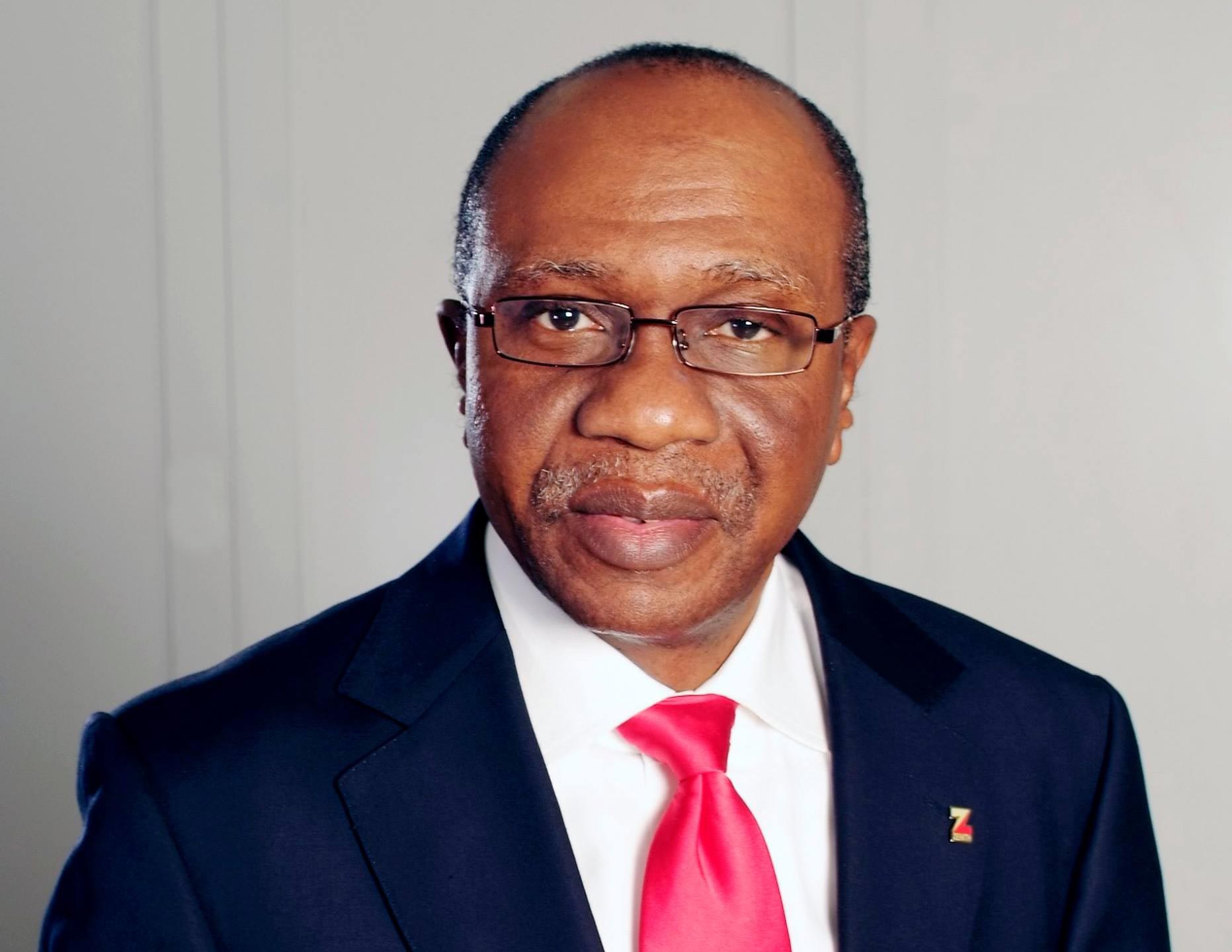JPMorgan announced, Tuesday, September 8, 2015 its decision to eject Nigeria from its Government Bond Index (GBI-EM) within the next two months. This marks the conclusion of the index watch review and Nigeria would be phased out between September 30th to October 31, 2015.
This resolve is an indication of the downward slide in Nigeria’s economy, following the loss of liquidity and the instability of Nigeria’s currency, the Naira making it difficult for foreign investors to track the benchmark to transact with minimal hurdles.
JPMorgan, runs the most commonly used emerging debt indexes, placed Nigeria on a negative index watch in January 2015, saying it would access the country’s place on the index over a three to five month period.
The global bank, in June, extended the deadline for ejecting Nigeria from the index, extending the deadline by another six months because a new government led by Muhammadu Buhari was just sworn in. “Nigeria’s status in the GBI-EM series will be finalized in the coming months but no later than year-end,” JPMorgan said in June.
“Foreign investors who track the GBI-EM series continue to face challenges and uncertainty while transacting in the Naira due to the lack of a fully functional two-way FX market and limited transparency,” JPMorgan disclosed. “As a result, Nigeria will be removed from each of the six GBI-EM indices starting September 30th.”
Recall that in July, the Central Bank of Nigeria attempted to defend the Naira by placing restrictions on the use of foreign exchange for importation of certain products. This decision was quickly followed with banning Nigerians banks from accepting cash deposits of dollars into domiciliary accounts along with banning wire transfers outside Nigeria from domiciliary accounts in the country.
This forex restriction policy came under heavy criticism by analysts including The Economist. The London-based magazine lampooned the policy in a July article titled, Toothpick Alert.
Since Buhari was sworn into office May 29, 2015, the Naira has lost over 25% of its value and continues to come under pressure over declining oil prices and loss of Nigeria’s major crude oil buyer, China. Nigeria’s main export is crude oil, and the economy is dependent on income from oil sales.
According to a Reuters report, “removal from the index would force funds tracking it to sell Nigerian bonds from their portfolios, potentially resulting in significant capital outflows. This in turn would raise borrowing costs for Africa’s largest economy, already suffering from a sharp drop in revenue following a plunged in oil prices.”
The bank said Nigeria would not be eligible to get back on the index until after 12 months.
JPMorgan added Nigeria to the widely followed index in 2012, when liquidity was improving, making it the only the second African country after South Africa to be included. It added Nigeria’s 2014, 2019, 2022 and 2024 bonds.







